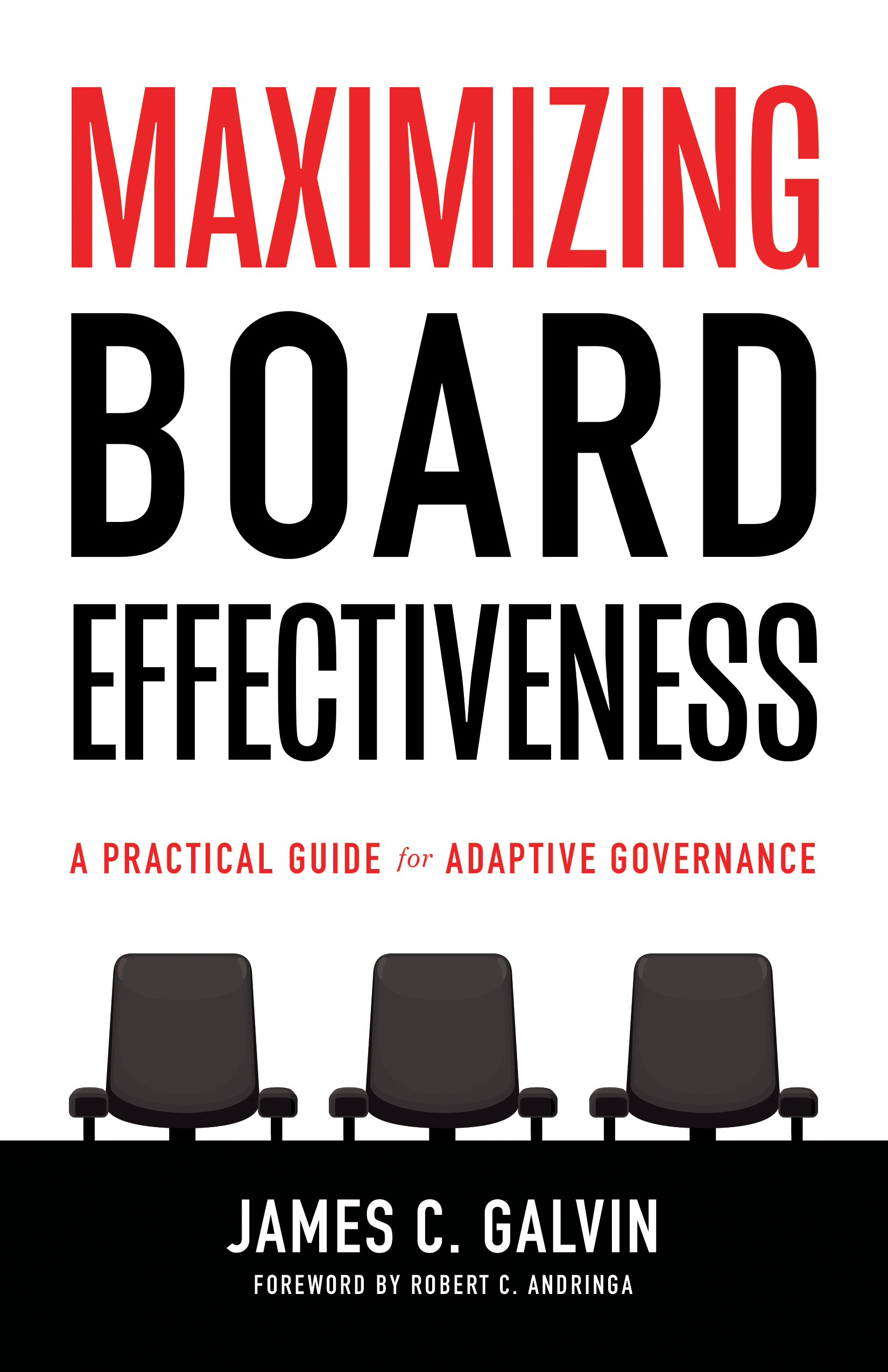So-Called “Strong” Leaders
10.03.2012
Do you know somebody who others describe as a “strong” leader? You know the type:
• A board member who talks louder and louder until he gets his way
• A CEO who verbally abuses staff with destructive criticism
• A Director of Development who often has angry outbursts
• A President who refuses any attempts at basic accountability
• An able-bodied leader who uses a handicapped parking space near the front door as if it had her nameplate on it
These people are not “strong” leaders. They are interpersonally challenged perhaps. Incapable of carrying on a normal conversation. Power-hungry. Let’s be more accurate and call this what it really is: narcissism.
Narcissistic leaders tend to be arrogant and envious, often tearing others down to make themselves feel better. They feel entitled to perks and special treatment because they view themselves as special people. They see themselves as perfect and distort reality around them to reinforce their self-image. They exploit others without regard to their feelings or interests. They have boundary issues and cannot clearly distinguish other co-workers as separate from themselves. Narcissistic leadership is a common form of leadership.
When a nonprofit is without a leader you can count on a narcissist to maneuver politically to find a way to take charge. Research shows that people who score high in narcissism tend to take control of leaderless groups.
Organizational narcissism happens when a narcissist becomes a key leader and gathers a mix of co-dependents around him or her to support the narcissistic behavior. Narcissists claim to be committed to the organizational mission and passionate about the work, but they are really only committed to their own agendas. Narcissistic leaders make decisions based on their own interests instead of the interests of the organization, board, staff, or donors. Psychoanalysts suggest that one easy way to tell a healthy organization from one that is pathological is the organization’s ability to exclude narcissistic leaders from key leadership positions.
If you confront narcissistic leaders directly or defy their will publically it can trigger narcissistic rage. Narcissists experience your lack of cooperation as a direct attack on their own self-esteem. They see themselves as always right and they are bewildered about what is wrong with you. Narcissistic rage can be mild or harsh. It ranges from acting aloof, to expressions of irritation or annoyance, to serious outbursts, and even to violent verbal abuse and physical attacks.
King Saul was an example of a leader exhibiting narcissistic rage. He acted aloof. He was annoyed by David. He hurled his spear at him while he was serving the king in his court. Saul had no interest in changing his narcissistic leadership style either.
Unfortunately, both staff and boards tend to make excuses for narcissistic leaders. Here some of the more common excuses I hear:
• Yeah but…We need them in our current situation (co-dependency)
• Yeah but…We don’t have anybody else to lead us (succession issue)
• Yeah but…He/she is the founder of this ministry (founder’s syndrome)
• Yeah but…Our donors love him/her (of course)
• Yeah but…God is using him/her (you want to blame it on God now?)
Healthy systems can prevent narcissistic leaders from taking over any key leadership positions. The first step to dealing with this problem is to acknowledge it. What else can we do about so-called strong leaders?
1. If you are in a leadership position, don’t become one yourself. Ask for feedback and support from your co-workers and direct reports. They can help you in a powerful way.
2. If you report to one, don’t remain co-dependent. Be careful so you avoid making yourself a target of abuse. Report bad behavior you observe to a board member. The board needs to know.
3. If you serve on a board that has one as the CEO, acknowledge the issue, work on the problem directly, and fix the system that invited or allowed a narcissistic leader to take control.


